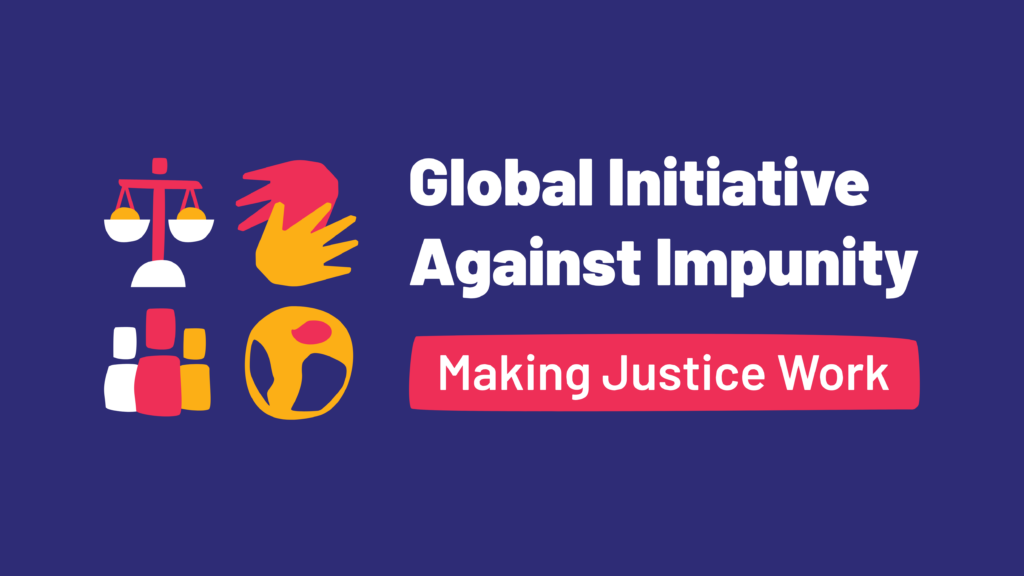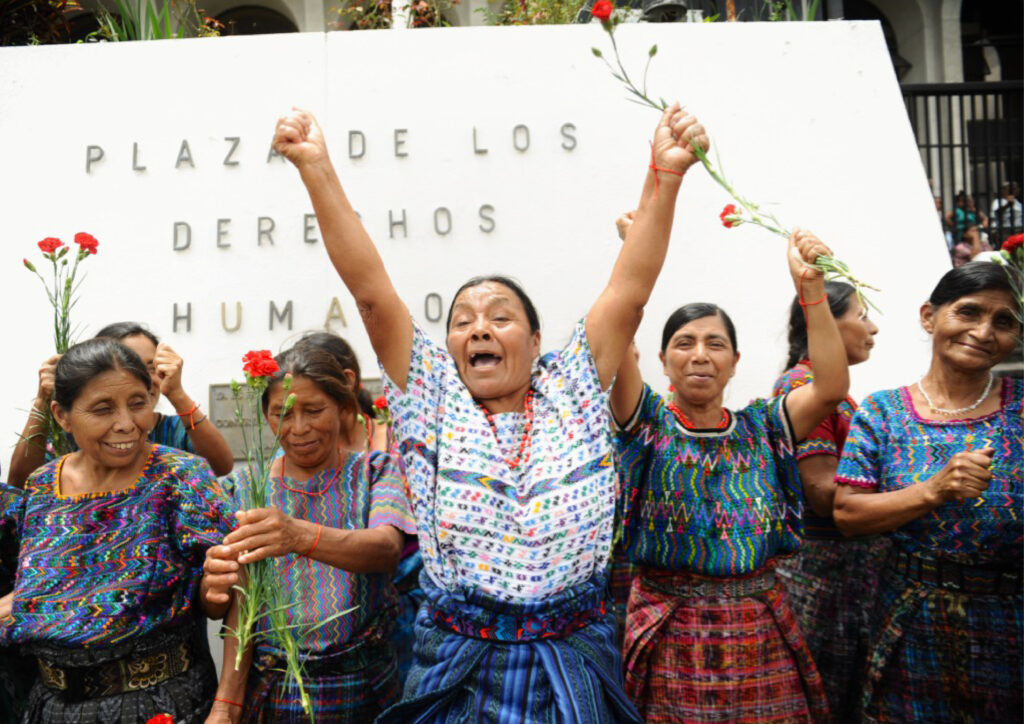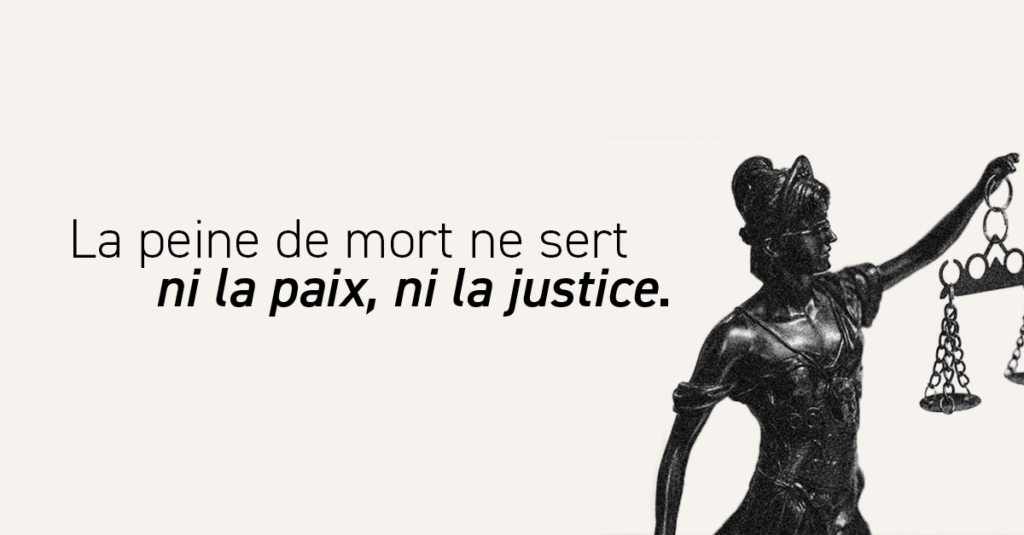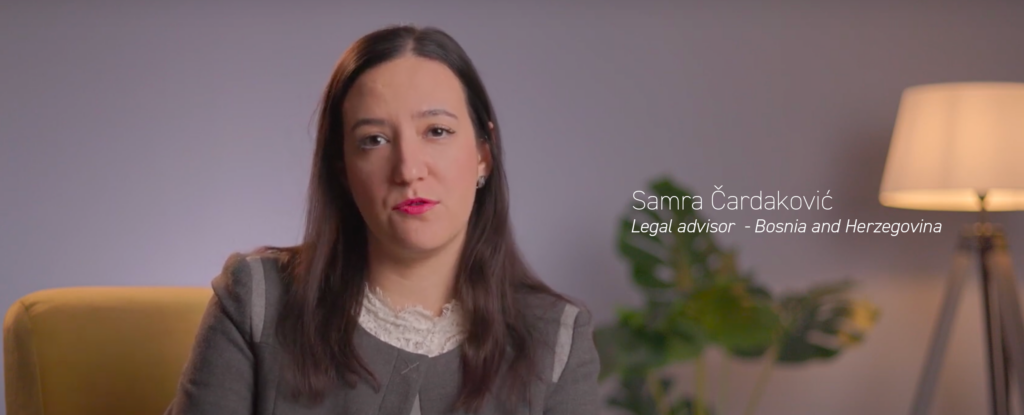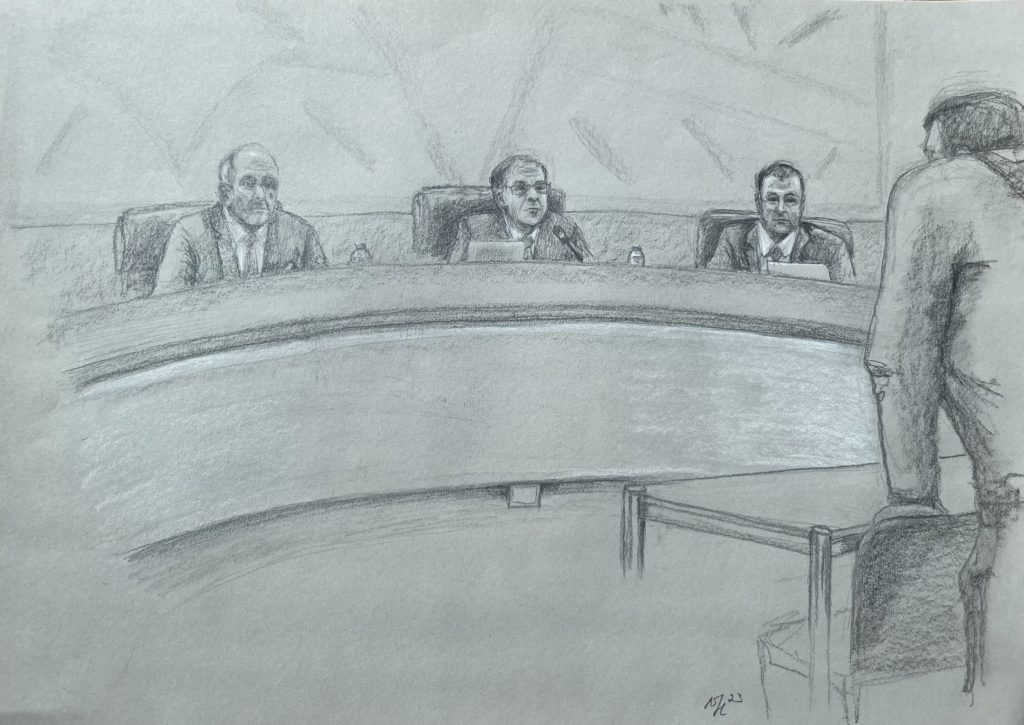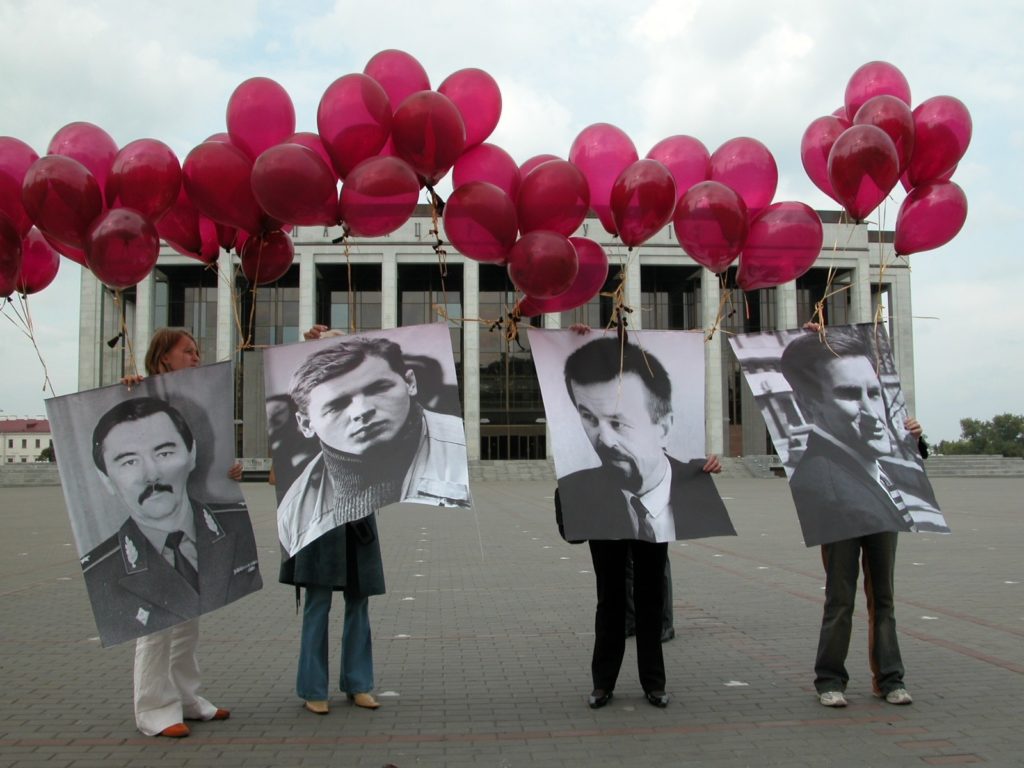«Too many victims are unaware of their rights»
Tej Bahadur Bhandari was forcibly disappeared in 2001. His son, Ram Bhandari, has never given up on justice and is now a prominent human rights defender in Nepal. This is his story.
“My father was forcibly disappeared in 2001, when I was 23 years old. I was at university when I received the phone call from my mother: she was panicked, she said my father had been taken away by the police. I was immediately filled with dread: some of my university friends had been imprisoned, disappeared or tortured by the authorities. I knew what they were capable of.
I rushed back home the next day to be with my mother. Together, we went to the police station. They denied they had taken my father, but what we heard from witnesses was very different: my father was beaten unconscious in broad daylight, in the middle of the street. He was then blindfolded, handtied and taken away by the police. He has never been seen since.”
A shattered family
“Because I kept going back to the authorities, I started receiving threats. I was even imprisoned for a few days. My mother was worried for our safety, so we decided to change city. We left our family business behind us, and all our relatives. In the new city, we did not know anyone. My mother could not work, she was sick with worry and she had to be hospitalized.
Family bonds are very important in Nepal. The place of a woman in society depends on her husband. He is also the breadwinner, when she stays at home and looks after the children. So when my father was taken away, my mother was unable to fend for herself, like so many other wives of disappeared men.
These women cannot even receive widowhood funds, because they cannot produce a body or a date of death. They are in an ambiguous position that their community do not understand, so they are often rejected and stigmatized. The children suffer too: for lack of funds they cannot be schooled or nursed properly. When a man is forcibly disappeared, his whole family faces a lifetime of social isolation and psychological suffering.”
Seeking justice above State level
“My mother and I were determined to know what had happened to my father. We went to the police, to court, to politicians, we wrote letters, we gathered evidence, all for naught. I thought we had reached our limits when I heard of TRIAL International for the first time. They told me that proceedings did not stop at the domestic level, that we could take the case to the United Nations. We were so hopeful when we learnt that we could still fight for justice, even if Nepali authorities were unwilling to collaborate!
In 2014, the United Nations Human Rights Committee took our side and requested Nepal to serve justice. It was great to finally receive acknowledgment that we have suffered, that what had happened was unlawful and wrong.
Unfortunately, since the UN’s decision, Nepali authorities have done nothing. We still do not know why my father was taken away, what happened to him, and whether he is still alive.”
From individual grief to collective action
“I have now dedicated my life to defending victims of enforced disappearances. With the National Network of Families of the Disappeared, we inform people of their rights. We explain the proceedings, we help them gather compelling evidence, and we let them know that they can go before the United Nations if they are dissatisfied with Nepali justice.
Too many of these families have no idea of their rights. They are often from the countryside and live simple lives. A lot of them are scared or think that claiming justice will make no difference. They do not always report enforced disappearances, which means that a lot of these crimes still go unrecorded and unnoticed. We are trying to change that. We encourage people to come forward, because with our collective action we can change things and finally obtain justice.
We also raise awareness on what enforced disappearance is. We explain the psychological torture victims go through, and hopefully in the future there will be less social stigma attached to families of the disappeared. I never want to see another woman shunned like my mother was.”
Read more about Tej Bahadur Bhandari’s case
Visit our campaign website for real rights in Nepal



